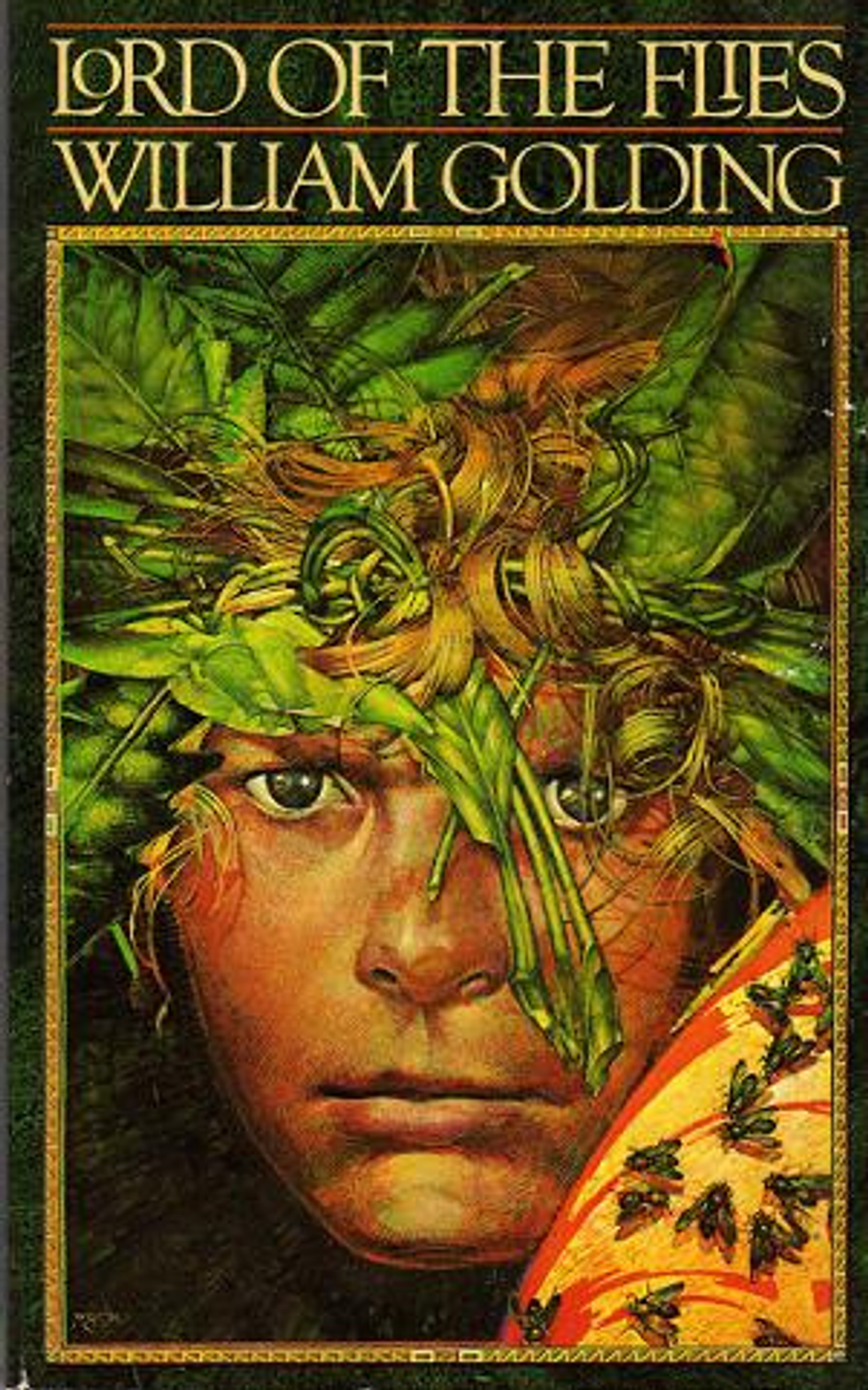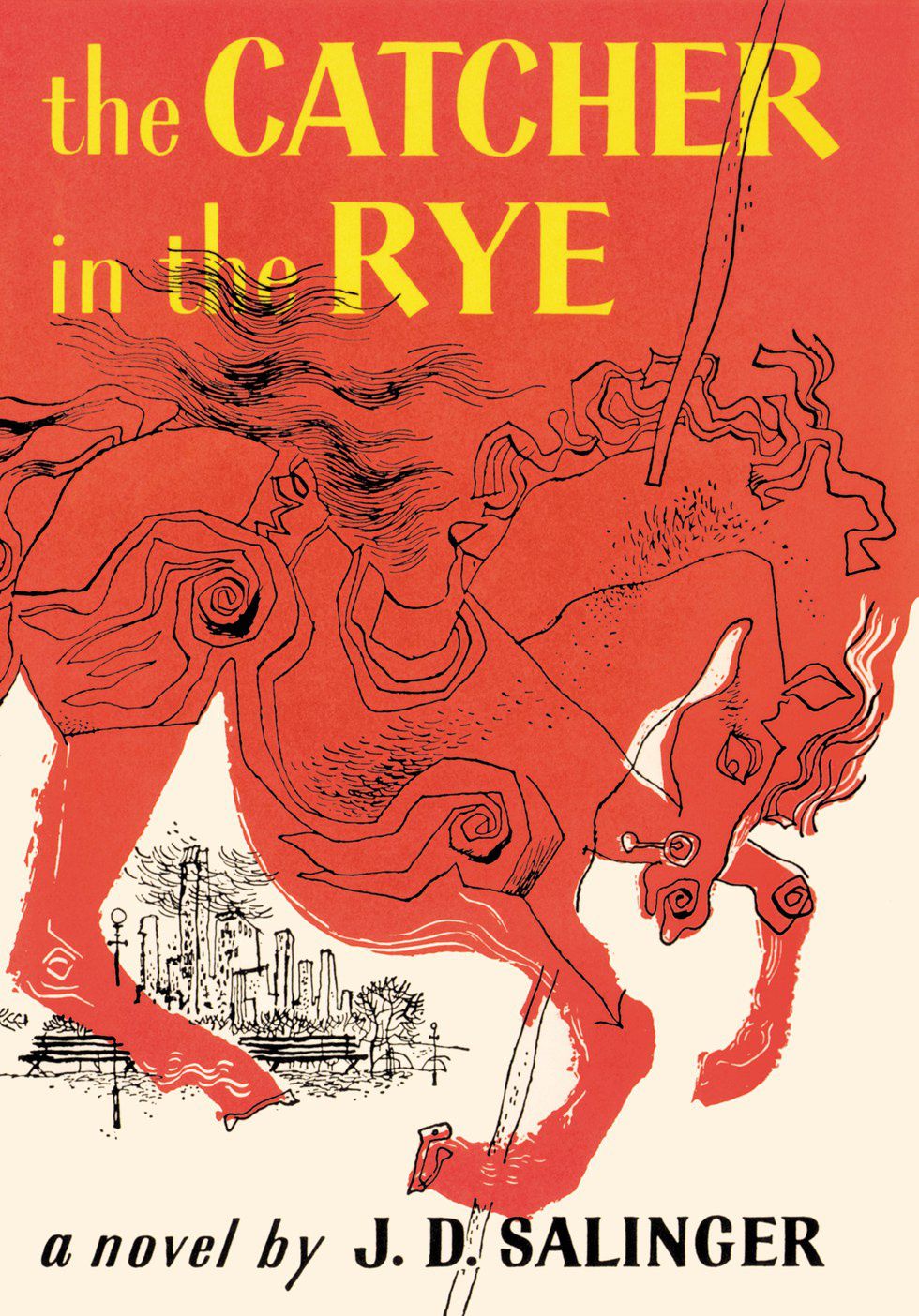Everyone’s been there at one point, having been assigned a book to read for school that does far less than peak your interest. It’s easy to admit that more often than not we didn’t read many of the books we were assigned for our English classes. Maybe we tried, but gave up hope after the first couple of chapters, resorting to reading chapter summaries off of Sparknotes, hoping that would be enough to help us pass the test. Maybe we didn’t even attempt at all and ended up just watching the movie instead because almost every assigned book has been made into a movie at some point or another. While these methods are definitely an easy solution to understand the plot of these classic pieces of literature, it’s fair to say that a lot of meanings behind the author’s printed words get lost when those methods are followed. I can’t say I’m not guilty of having given up on reading some great classics, but it’s also true that there are many that I have pushed myself to finished and not regretted.
1984 by George Orwell
This utopian novel follows the trials of a man named Winston as he fights against the oppression of the mysterious “Big Brother”, who seemingly keeps a watchful eye over all of the residents of Oceania. While the idea of “Big Brother” might seem farfetched, Orwell does an amazing job portraying this utopian society as a plausible future, making 1984 one of the best social criticism novels. On top of being an enjoyable read, it made me think hard about the role media has in society as well as the consequences of an oppressive government, which relate back to issues of today’s world.
Pride and Prejudice by Jane Austen
Taking place in the English countryside, this novel tells the story of the Bennet family, specifically the second oldest daughter, Elizabeth, as she faces pressure from those around her to get married. While very risqué for the time it was written, it’s a great example of a feminist novel that still manages to make you swoon after the handsome Mr. Darcy. While Jane Austen’s language can sometimes be hard to comprehend, Pride and Prejudice was not shy in teaching me many lessons as I read. Love and pragmatism are among the main themes, which both manage to express the importance of following your heart but also not setting aside logic when making important decisions.
Lord of the Flies by William Golding
This novel follows a group of schoolboys stranded on an island after a plane crash, and the horror that ensues when the boys try to recreate the society they left. While some of the events described in this book could be disturbing, the most troubling part comes from the main themes of the story itself. While reading, I was shown a glimpse of the real savagery that underlines many aspects of human nature, as well as the consequences that ensue once order and civility are lost.
The Catcher in the Rye by J.D. Salinger
This novel recounts the days in Holden Caulfield’s life leading up to his expulsion from the private school he is attending. Through these few days, Holden has many different experiences as he explores New York. This book truly is a great coming of age story. Adults may find Holden to be immature and imprudent, but I believe that he expresses the reality of teen angst, making him a relatable character for adolescents. The Catcher in the Rye voices the struggles of growing up and loss of innocence.
To Kill a Mockingbird by Harper Lee
Told through the perspective of a young girl named Scout, To Kill a Mockingbird follows the story of Scout’s father’s legal case to prove the innocence of a black man unjustly accused of rape, as well as the mystery surrounding Boo Radley, Scout’s neighbor. Along with expressing important messages, this novel is a very enjoyable read, especially when narrated by a spunky young girl. I viewed this story as not only a coming of age tale, but also a major civil rights account. Along the way, readers are taught the importance of equality, open-mindedness, respect, and morals.

























